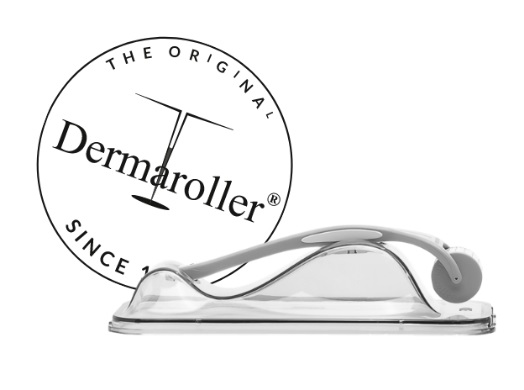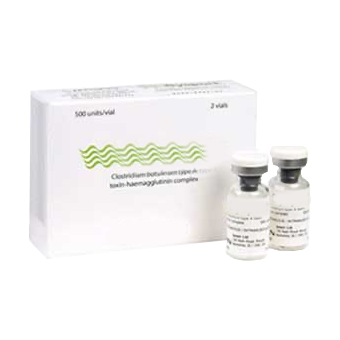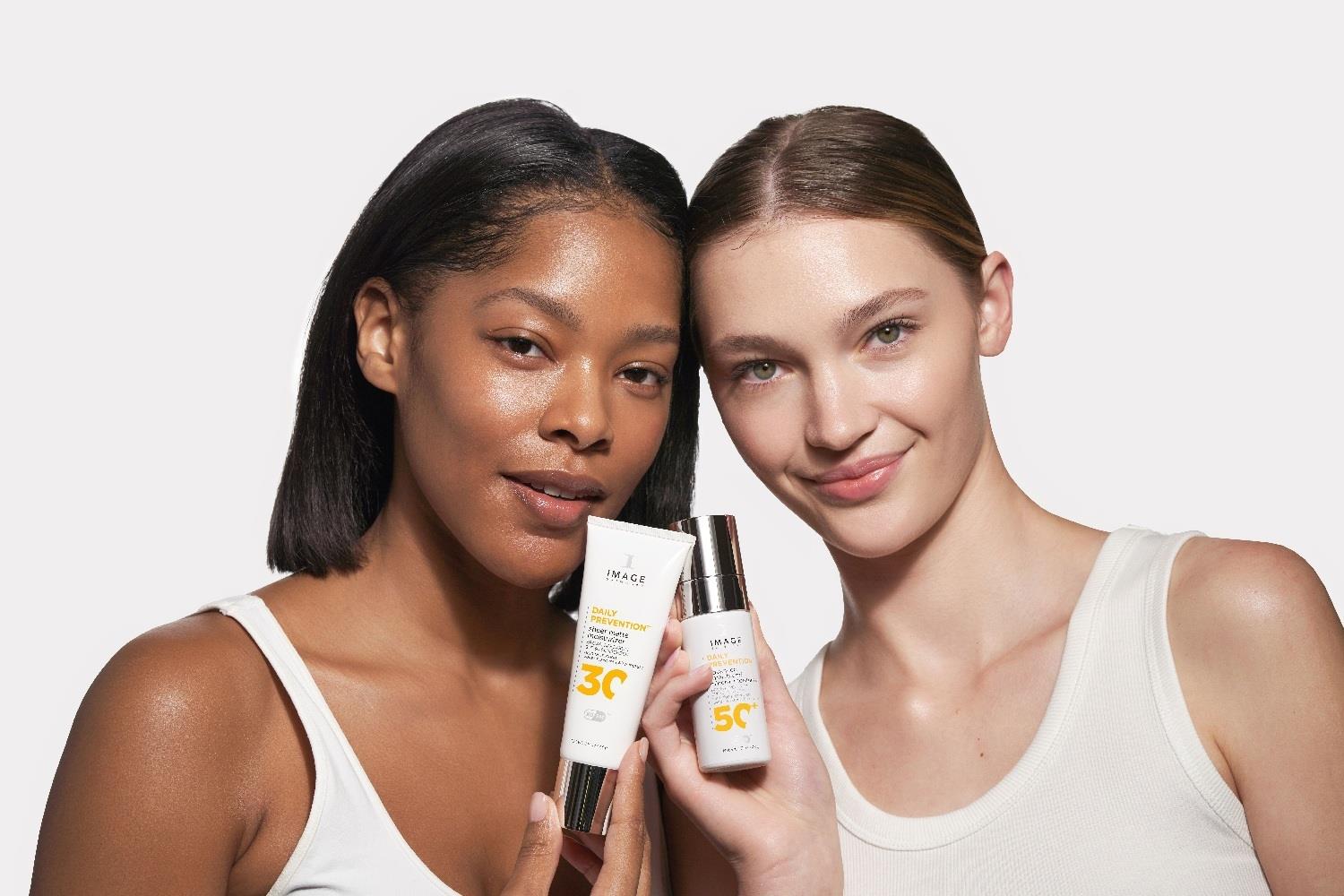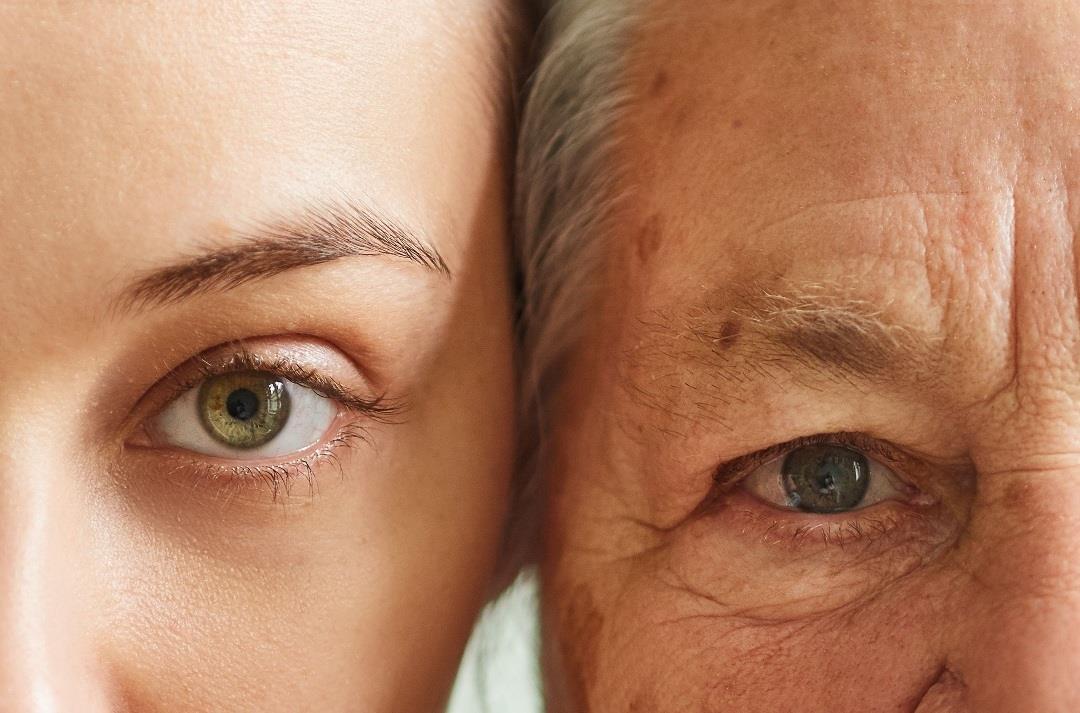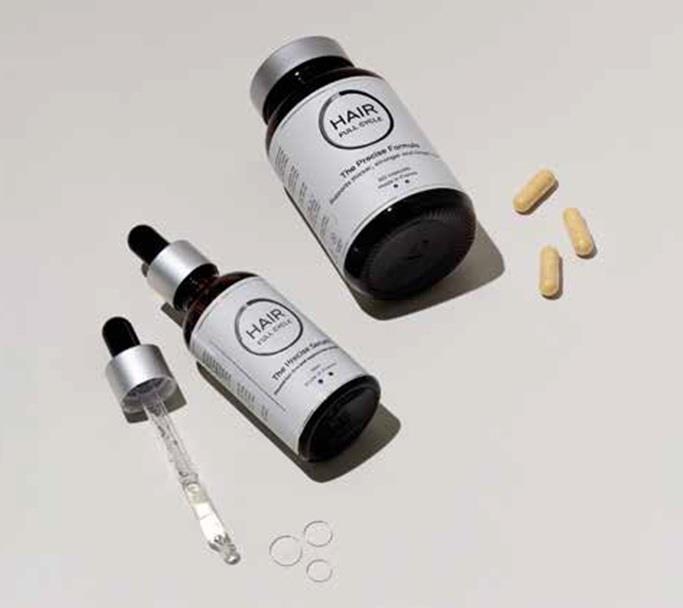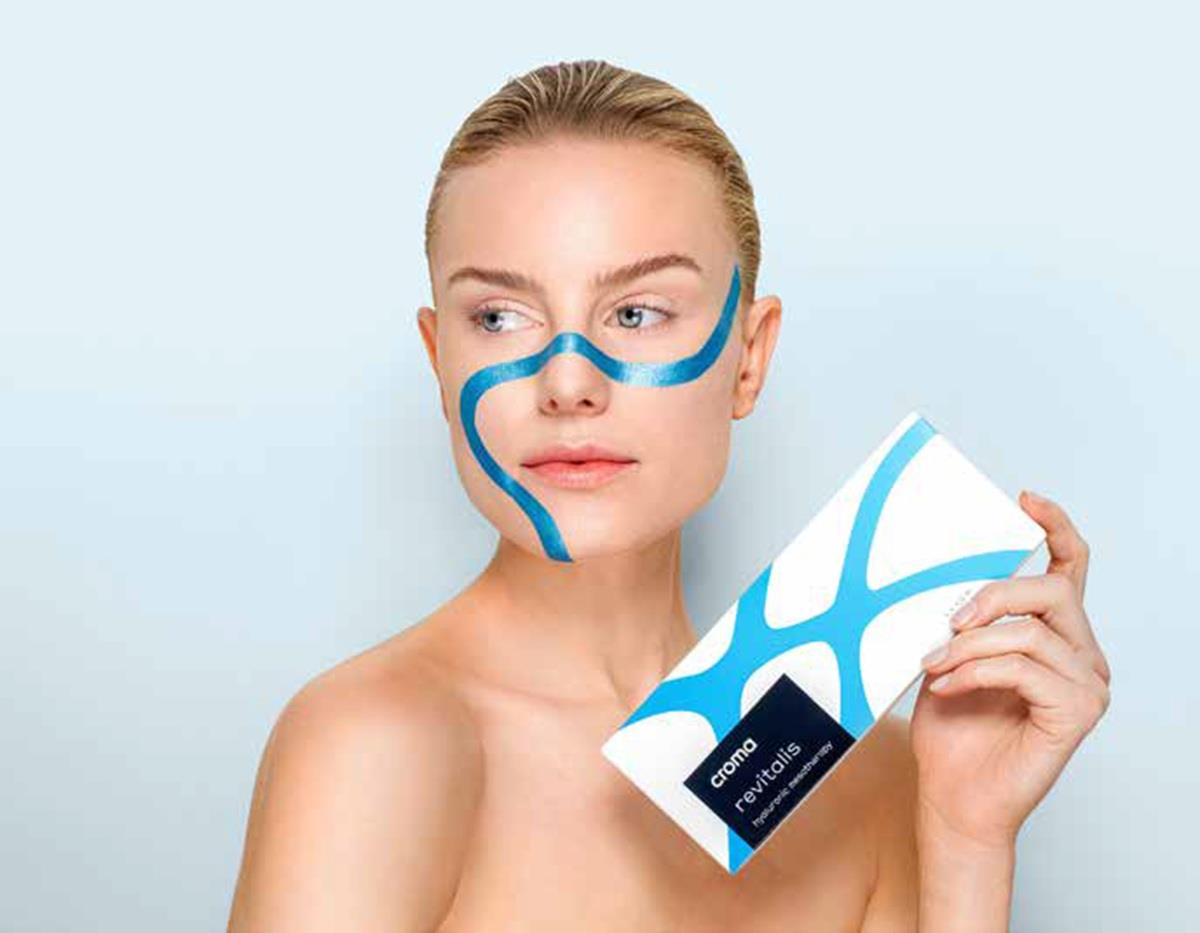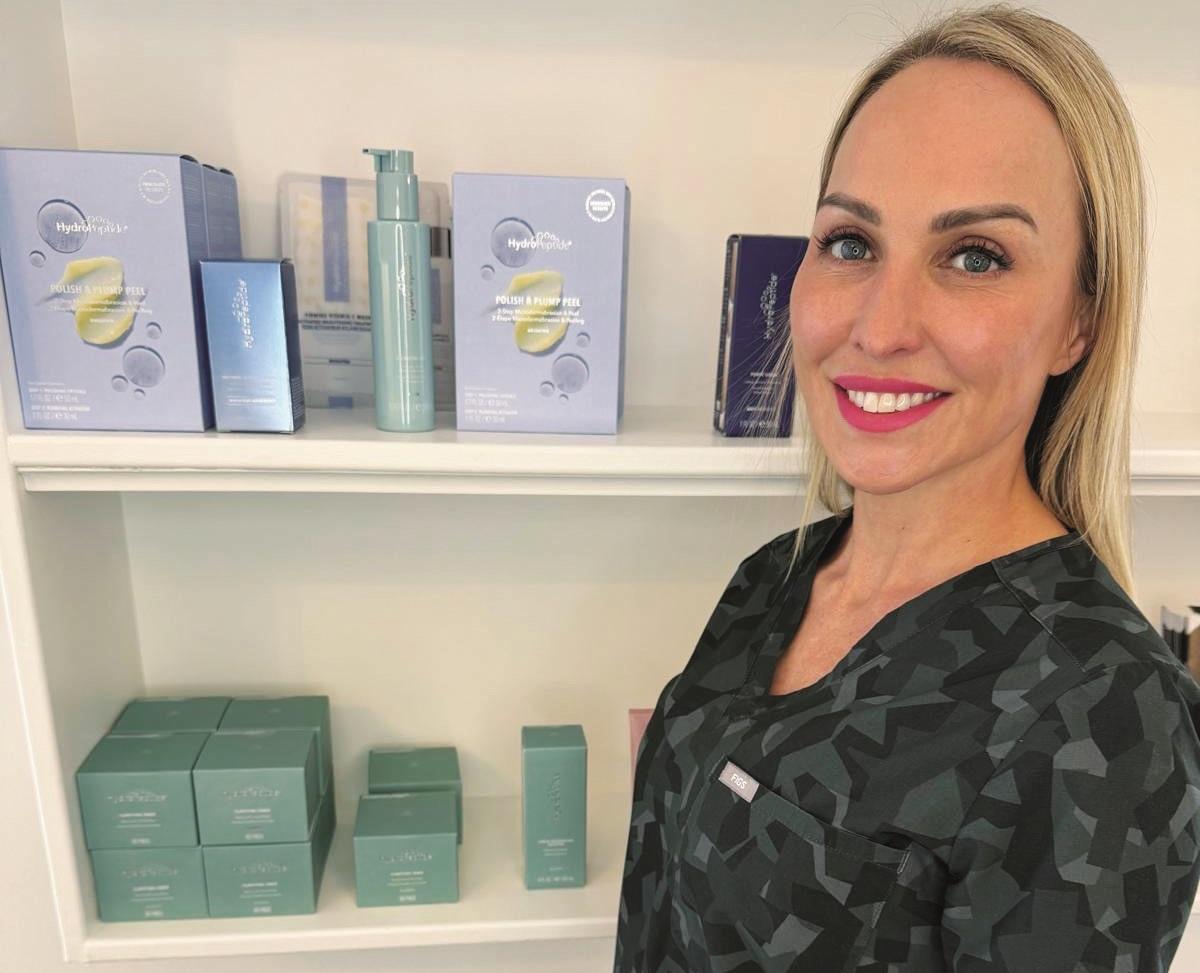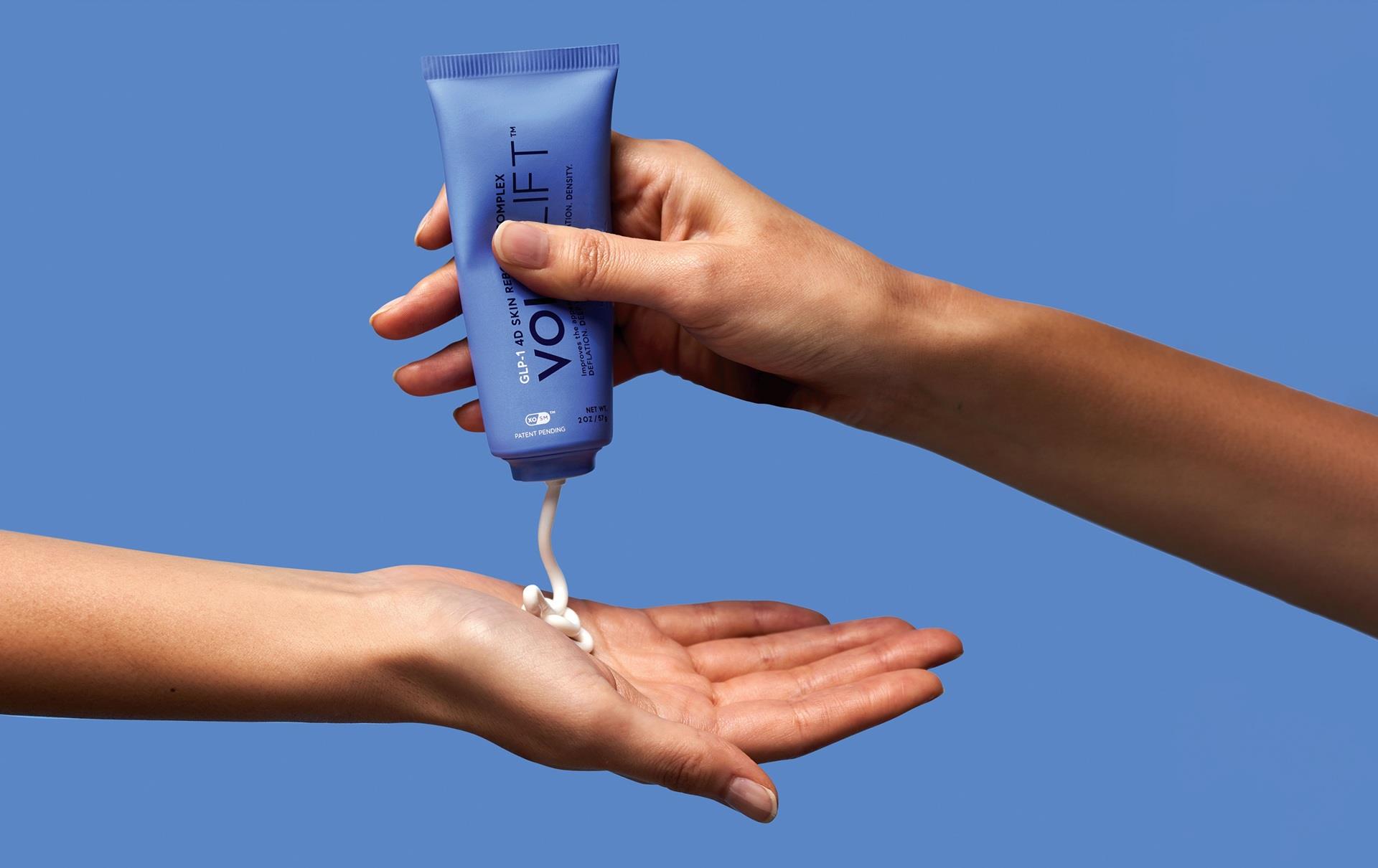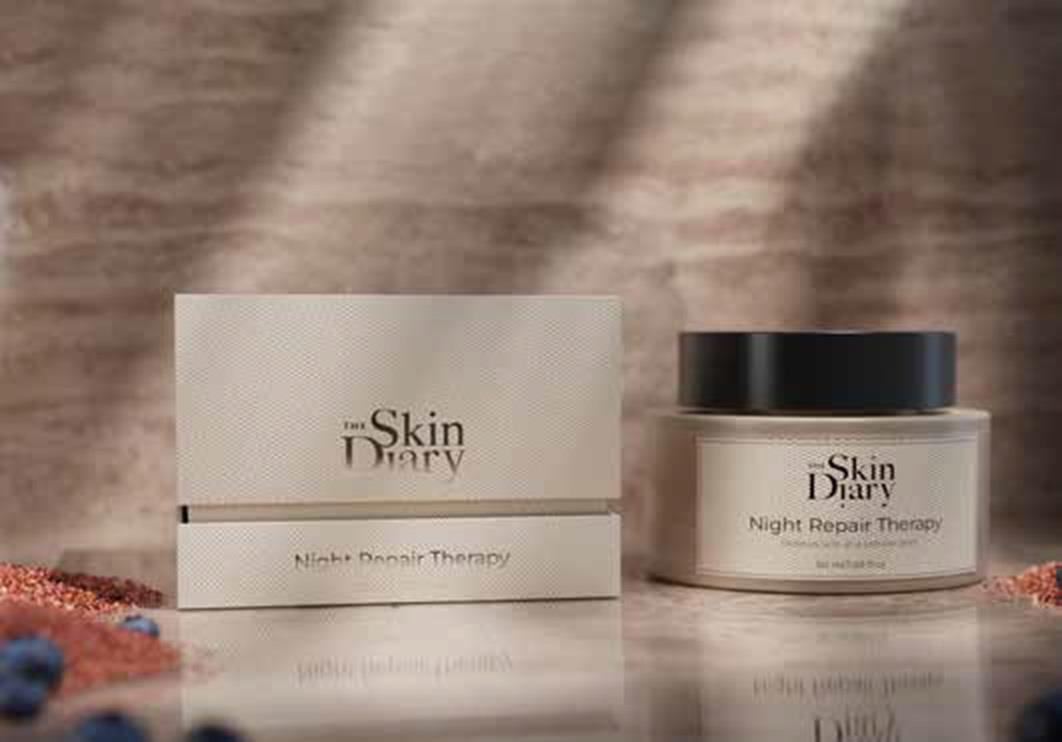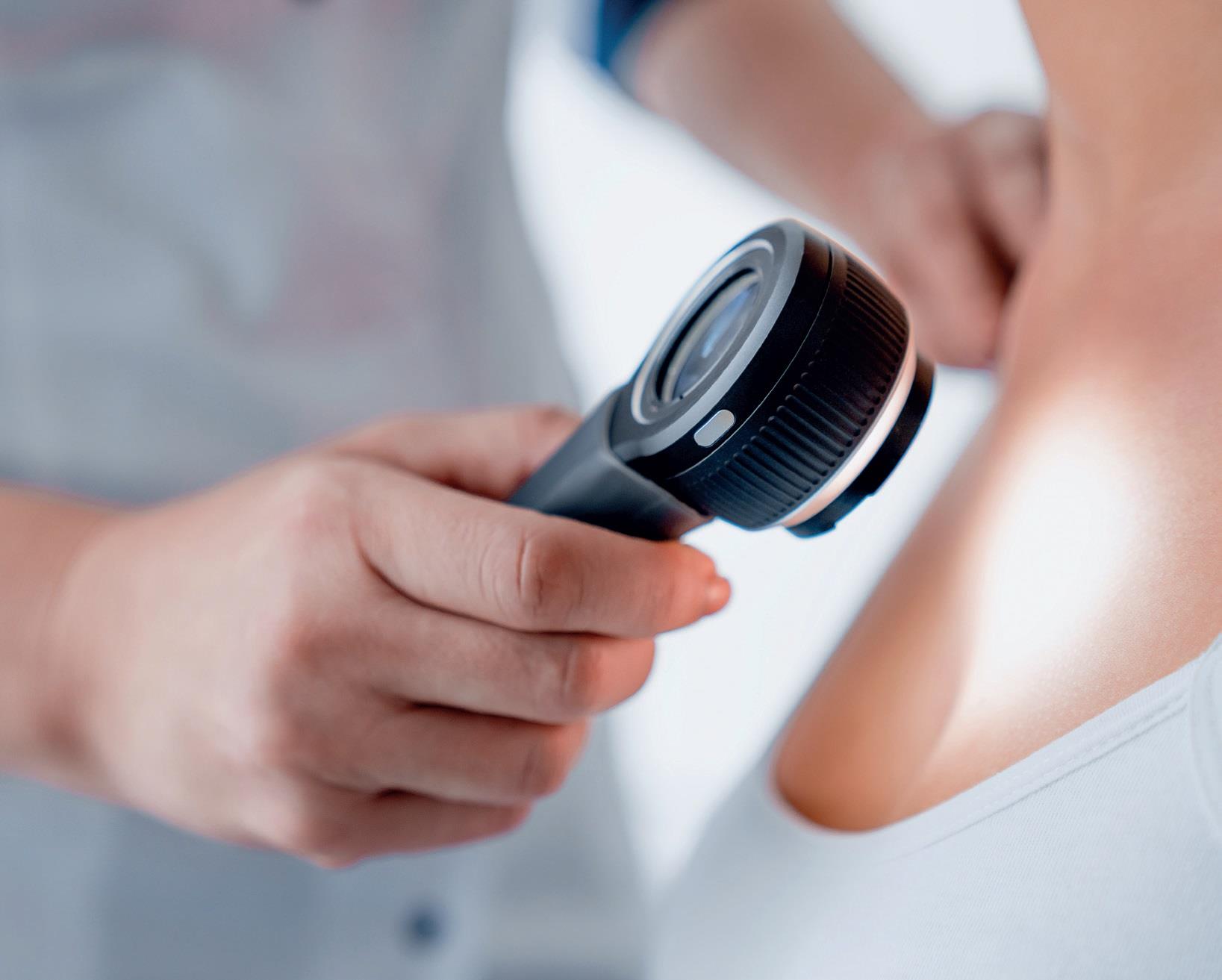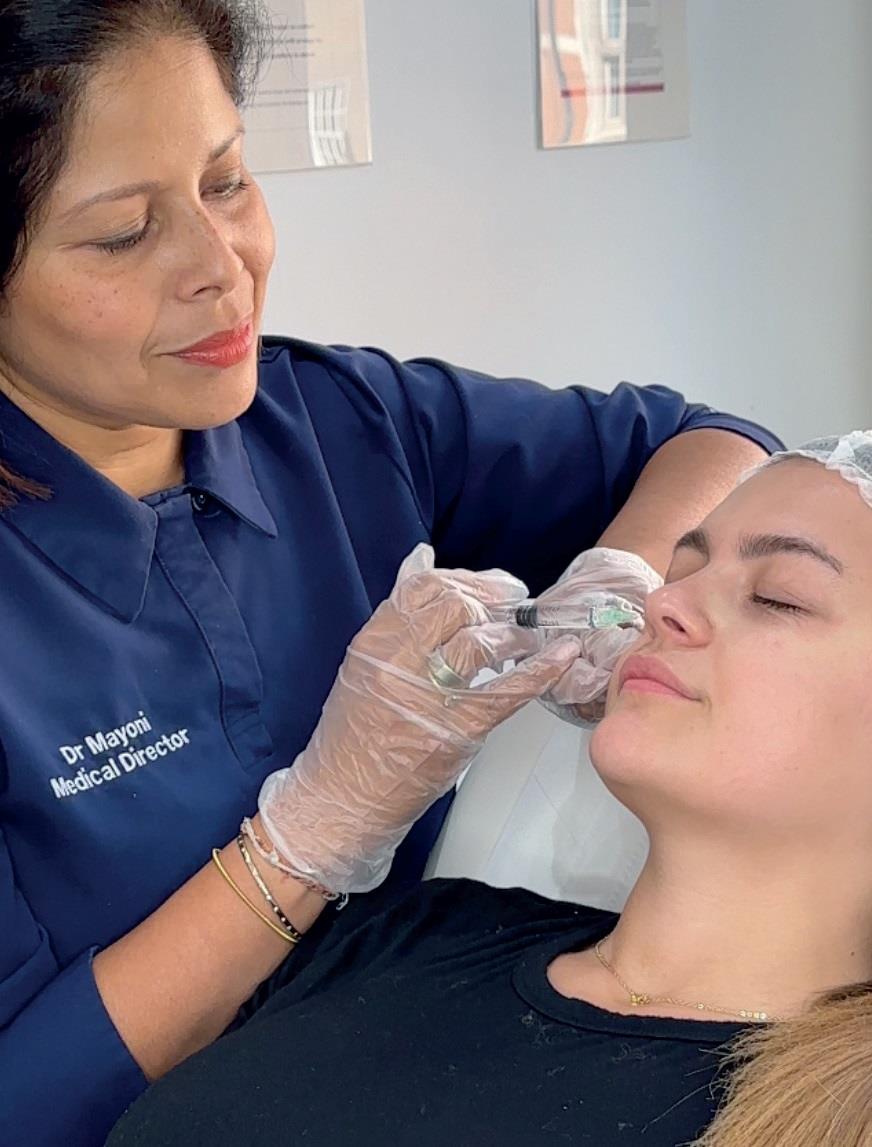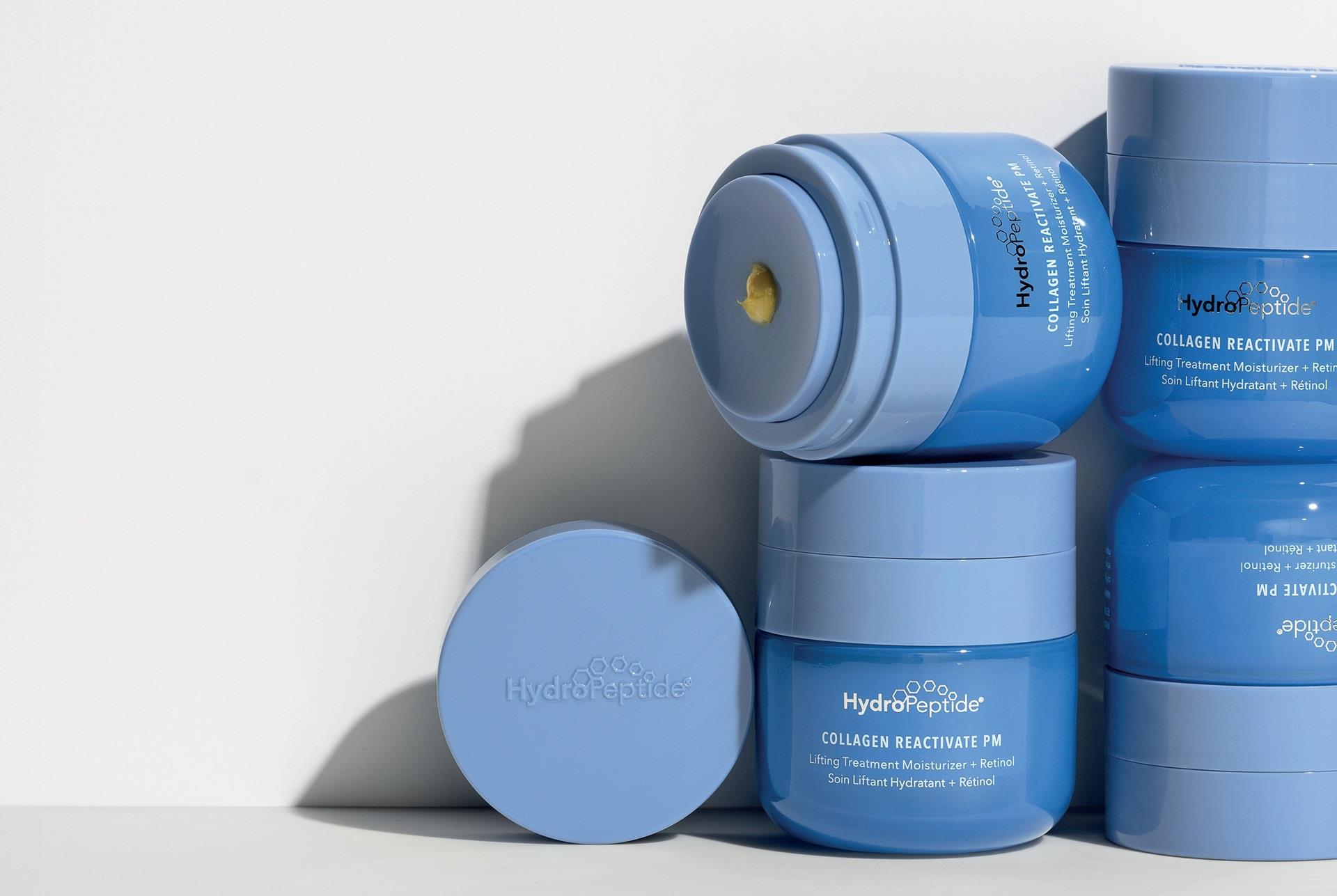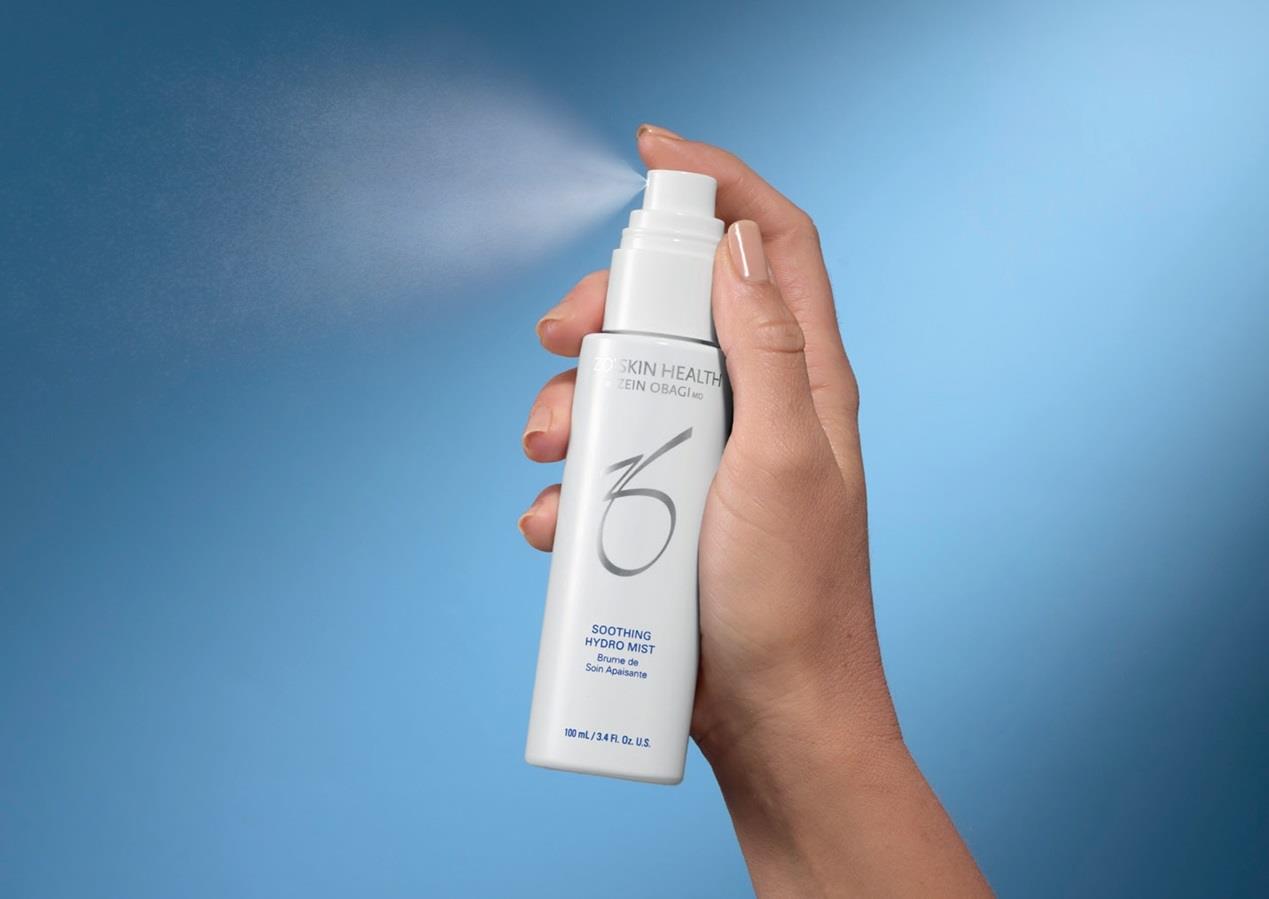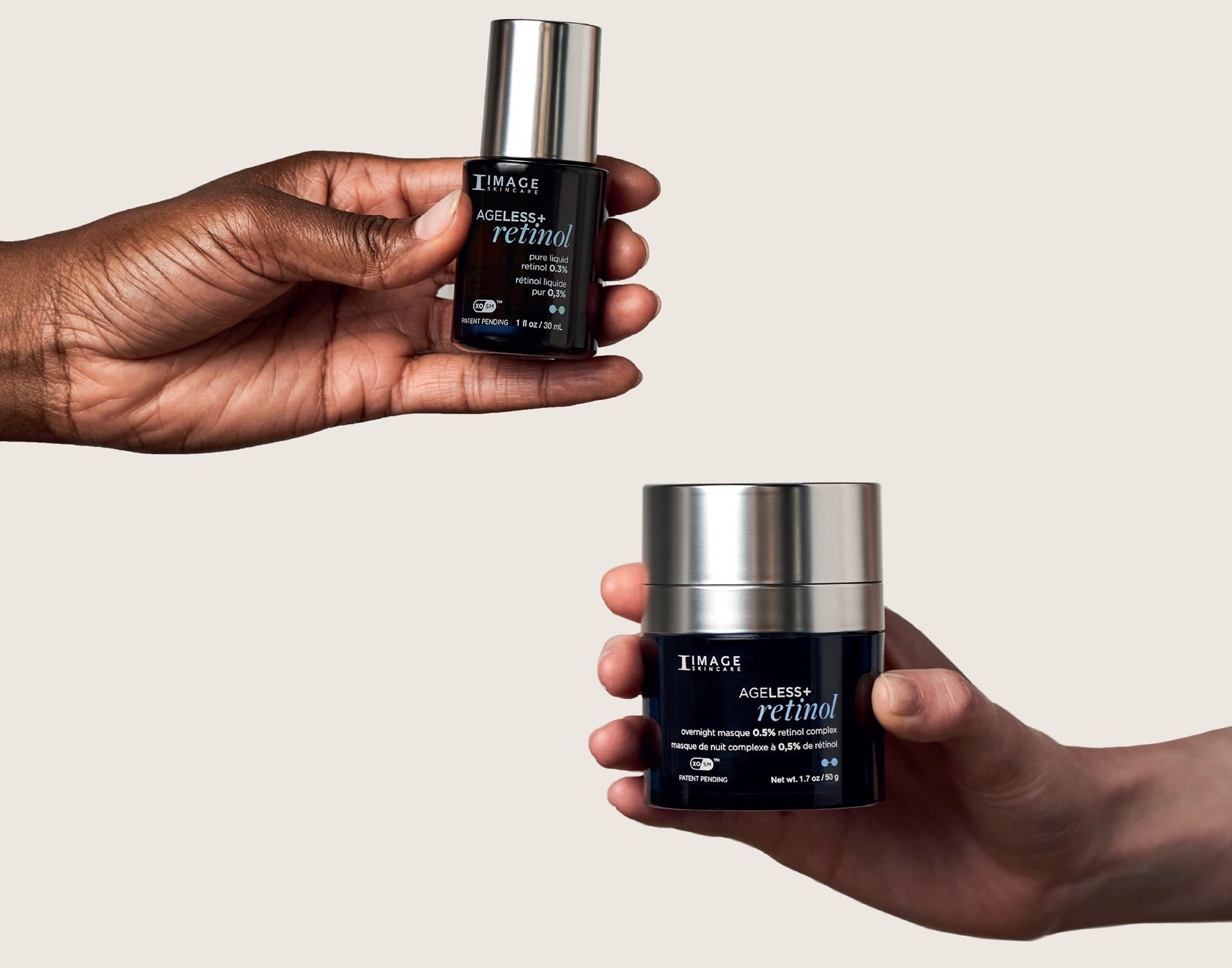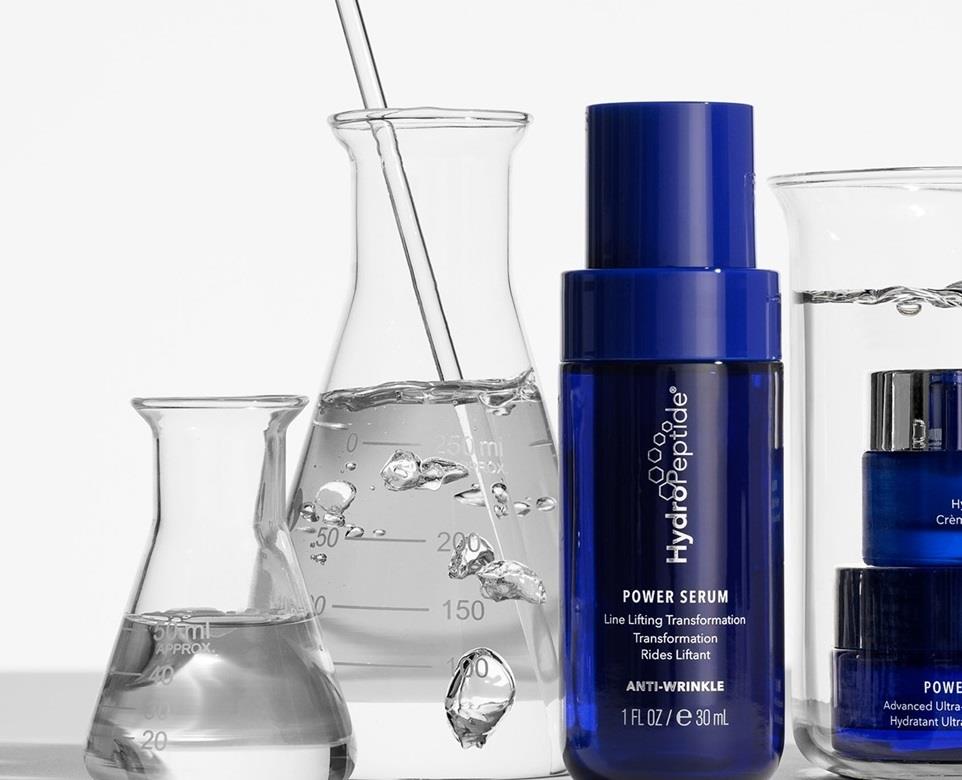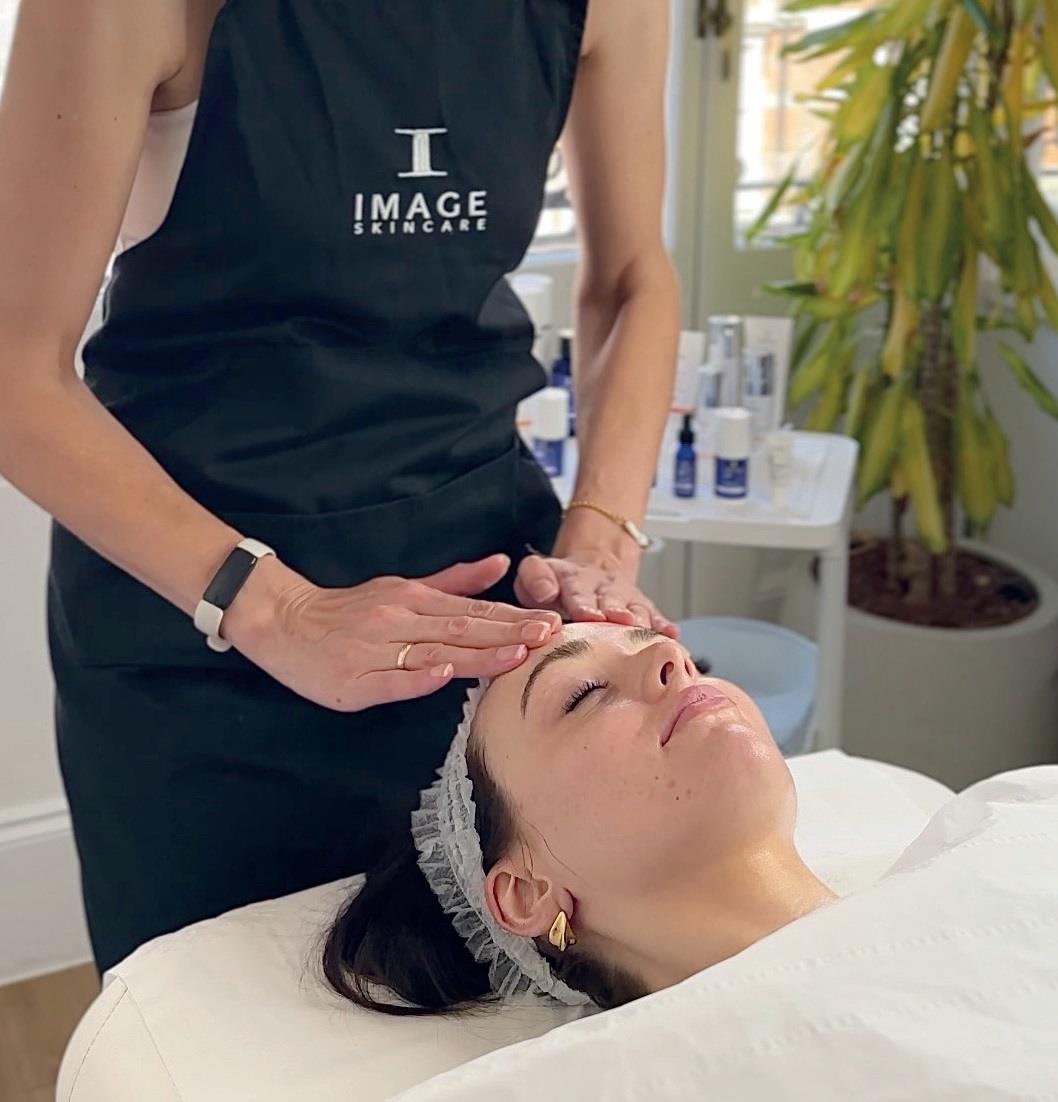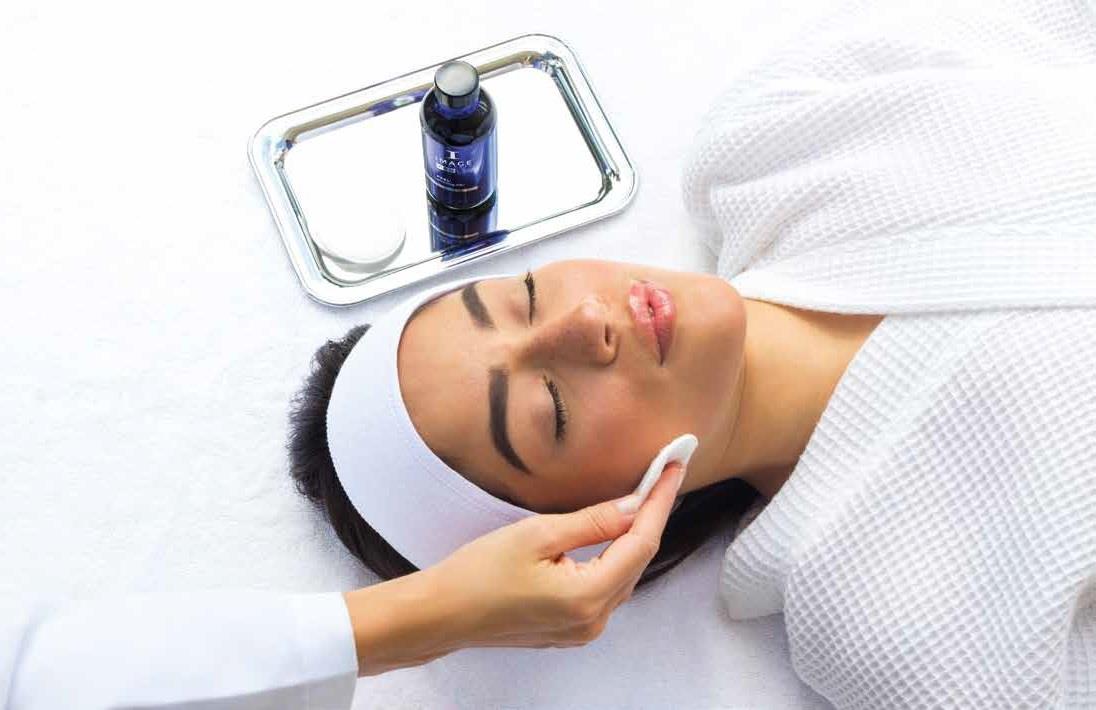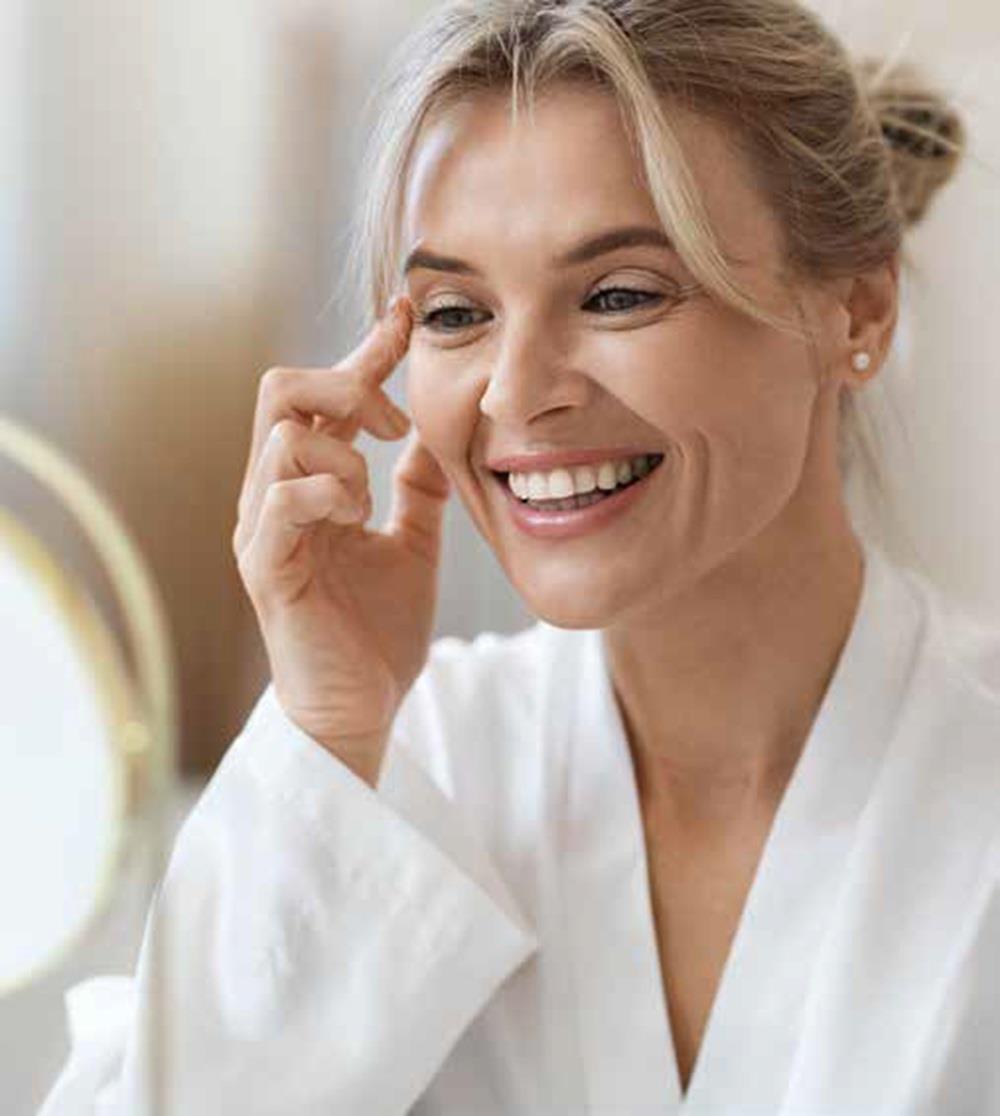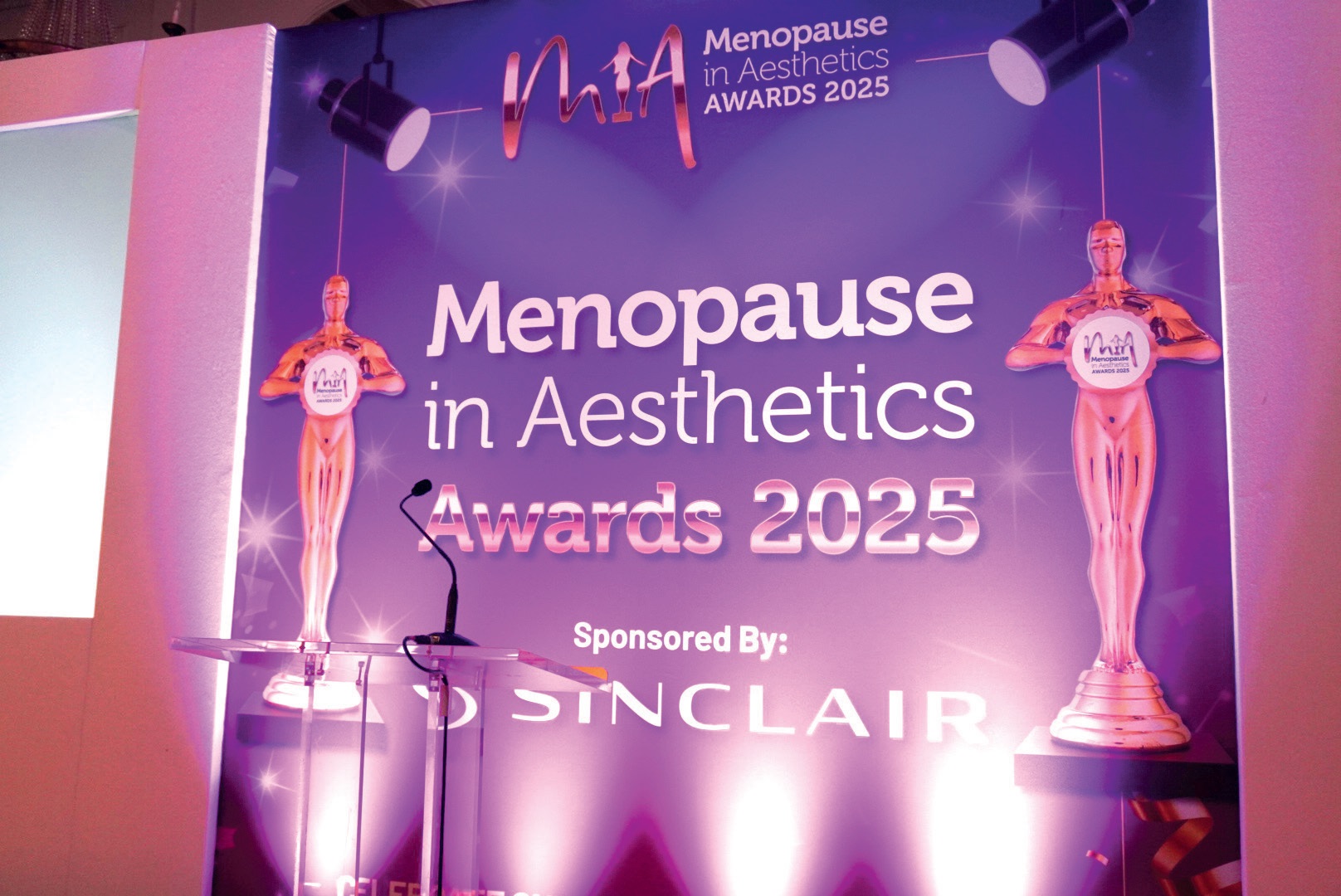
On Friday 7 February, we had the privilege of sponsoring Menopause in Aesthetics 2025, one of the industry’s leading conferences focused on women’s health. The day was filled with insightful, educational discussions from industry experts, ending with an evening of networking and celebration at the awards ceremony. Here are some key takeaways from the event…
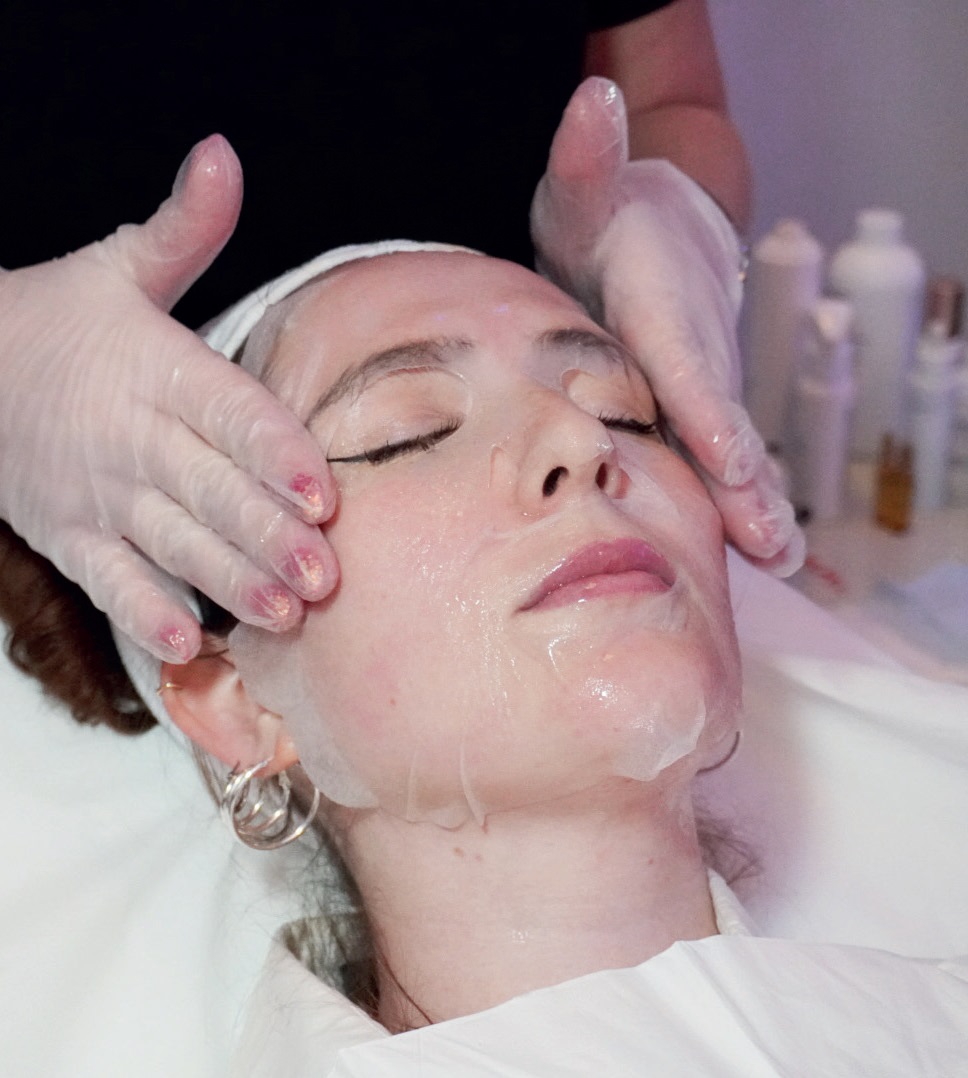
Becoming a menopause first responder
The agenda began with a discussion on the importance of being a first responder in menopause care. Treatments often involve intimate conversations, which can sometimes lead to complex situations. The panel emphasised the importance of thorough patient communication, documenting discussions, and inviting a colleague or companion for support during consultations. Practitioners were encouraged to collaborate with specialists like gynaecologists where possible to enhance their reputation and provide comprehensive menopause care.
Dr Shirin Lakhani noted that the majority of her patients are perimenopausal, highlighting the increasing demand for specialised care. She advised practitioners not to view menopause services purely as a revenue generator but as a cause worth investing in, and then revenue will naturally follow.
Introduction to hormones and compounding
Following on, the next discussion focused on hormone replacement therapy (HRT) and compounding. Miriam Martínez Callejas shared that 95% of healthcare professionals feel they need further menopause training, highlighting the clear confidence gap in menopause treatments. The panel stressed that HRT is not a one-size-fits-all solution, as patient tolerance varies. Understanding a patient’s medical history, especially regarding reproductive depression or progesterone intolerance is critical.
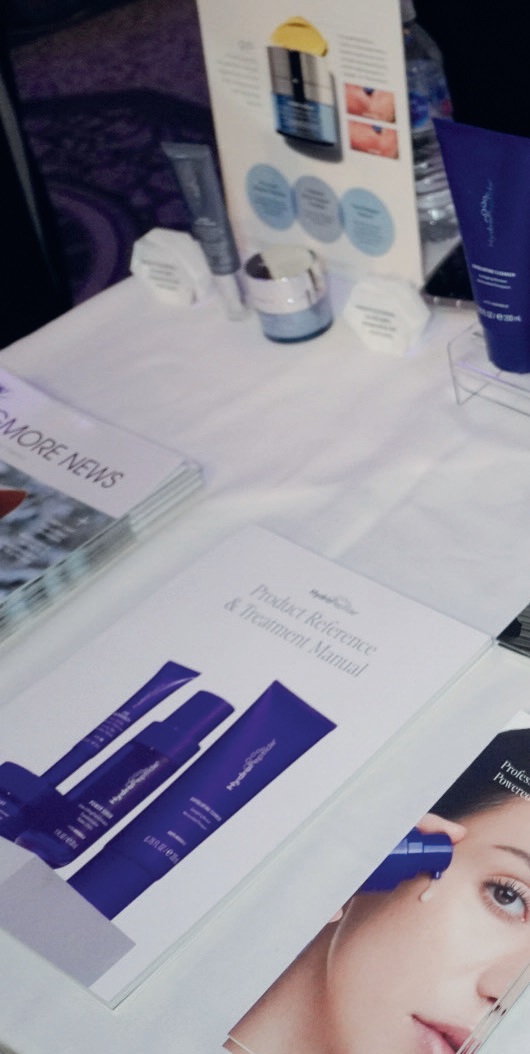
The role of testing in diagnosis
It was revealed that the waiting time for NHS menopause services averages two years, pushing many women to
seek costly private treatments. It is reported that women spend an average of around £900 on diagnostics alone.Dr Vanessa Emslie emphasised that the “personalised healthcare era” is already here, with a growing demand for at-home diagnostic services as patients are seeking to take control of their health themselves. Specialist Dietician, Sascha Landskron, added that while not everyone requires genetic nutrition testing, personalised reports often encourage impactful lifestyle changes, which can have a positive impact upon some of the main menopausal symptoms.
Recognising the signs
Dr Shazadi Harper emphasised that perimenopause is the most challenging stage to navigate, as many patients remain in denial, believing they are “too young” to be in this stage of life. Dr Harper went onto highlight that many uncomfortable symptoms such as insomnia, anxiety, and hot flushes may not always prompt patients to seek help—until hair loss occurs, when at which point they are often “banging down the door” and desperate to find a solution, highlighting the role of self-image in healthcare decisions.
Tracey Dennison warned against relying on misinformation from online sources, and “Facebook experts”, but instead encouraging patients to seek expert advice from menopause first responders.

Menopause in younger patients
It was revealed that surprisingly four percent of women enter menopause before the age of 40, which can oftentimes cause a great amount of emotional distress, especially when discovered unexpectedly through fertility tests. Dr Itunu Johnson-Sogbetun explained that in some cultures, a premature menopause diagnosis can impact the health of relationships.
Dr Carys Sonnenberg emphasised the need for better GP education on early menopause symptoms, urging doctors to provide young women with accurate information, as patients often feel unheard, making early diagnosis and awareness crucial.
How hormones impact hair in andropause and menopause
The panel explored the role of hormones in hair loss during menopause and andropause and discussed that when patients report hair shedding or breakage, it often signals a disturbance in the hair growth cycle.
Dr Irena Daniels of Skin ID highlighted the effectiveness of the XCellarisPRO TWIST in-clinic treatment in managing hair-related menopause symptoms. She also emphasised how at-home treatments, such as using a Home Care Dermaroller, can enhance results. According to Dr Daniels, patients often “feel empowered” when they can take an active role in their own treatment from the comfort of home.
“95% of HCPs feel like they could benefit from further training about menopause.” Miriam Martínez Callejas
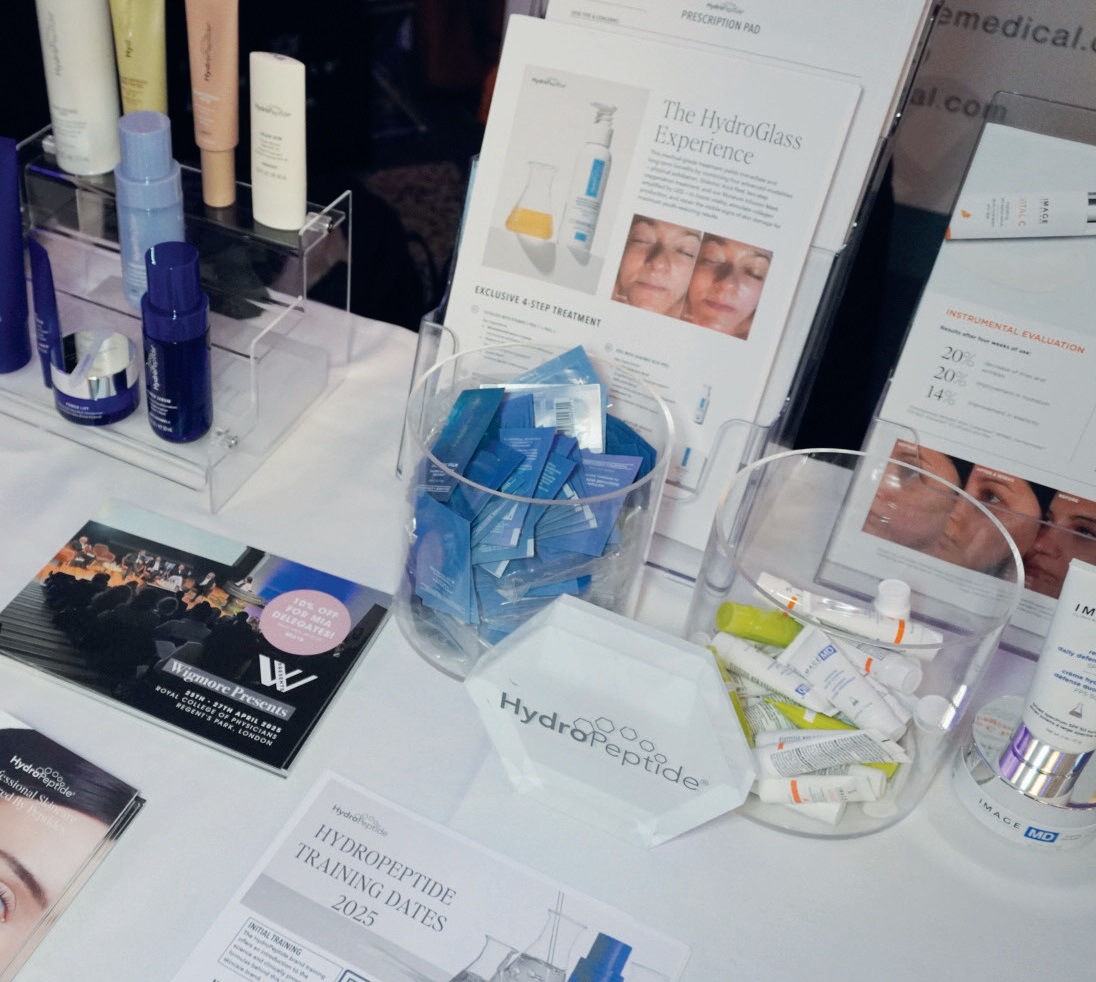
Addressing intimate and sexual health
Dr Shirin Lakhani addressed the stigma around intimate health, stressing that healthcare professionals need to create an environment where open conversations can be had. She encouraged the use of anatomical terms to normalise discussions and reduce embarrassment around this naturally sensitive subject.
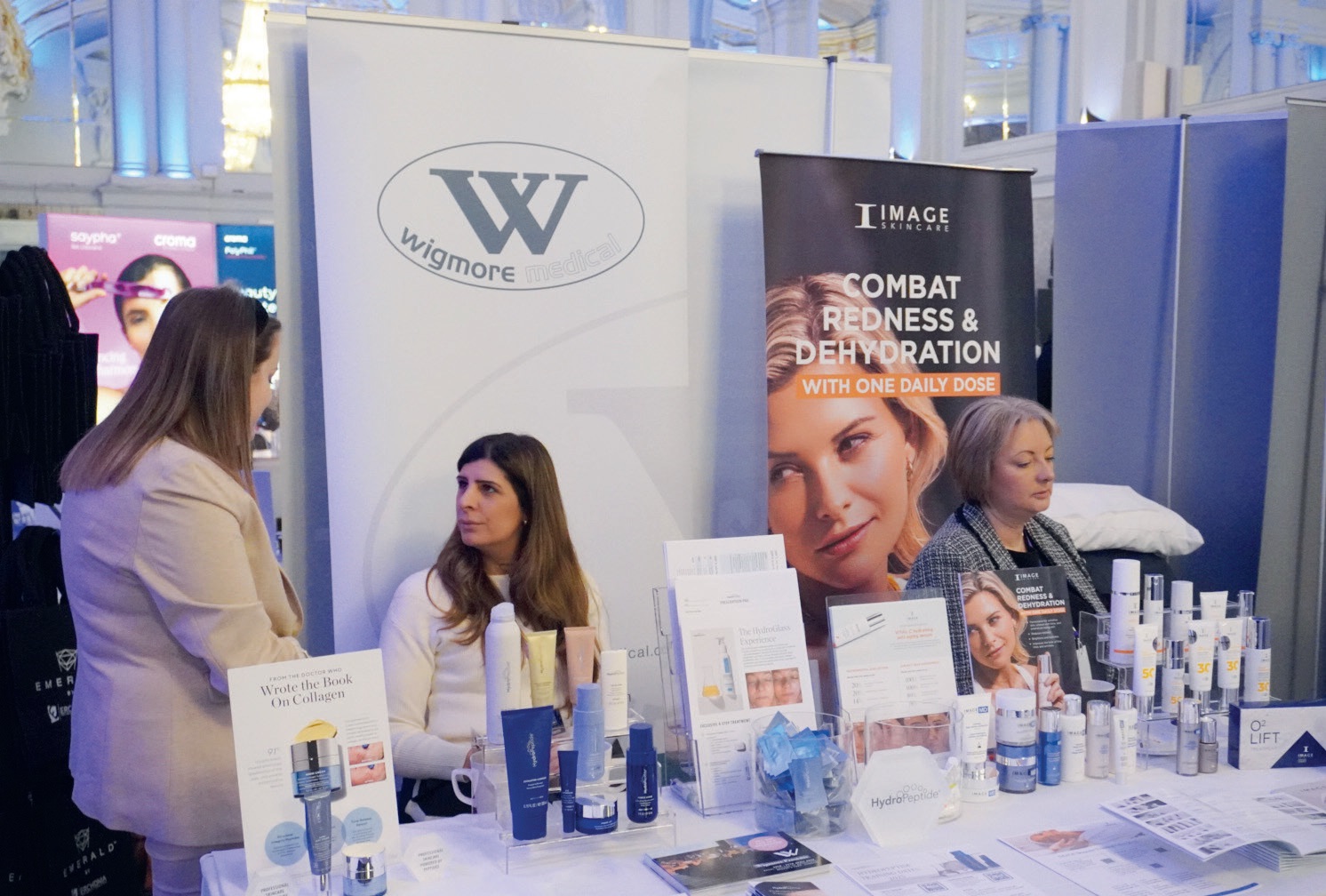
Health optimisation during menopause
The final session of the day explored holistic approaches to menopause. The panel advised practitioners to educate patients on how weight loss may impact facial volume and how aesthetic treatments can help maintain a youthful appearance. Providing patients with honest, well-rounded guidance ensures they are equipped to navigate menopause with confidence.

Wigmore Medical was proud to be the Aesthetics Sponsor at Menopause in Aesthetics

 Added to basket
Added to basket

 Unapplied Changes
Unapplied Changes


